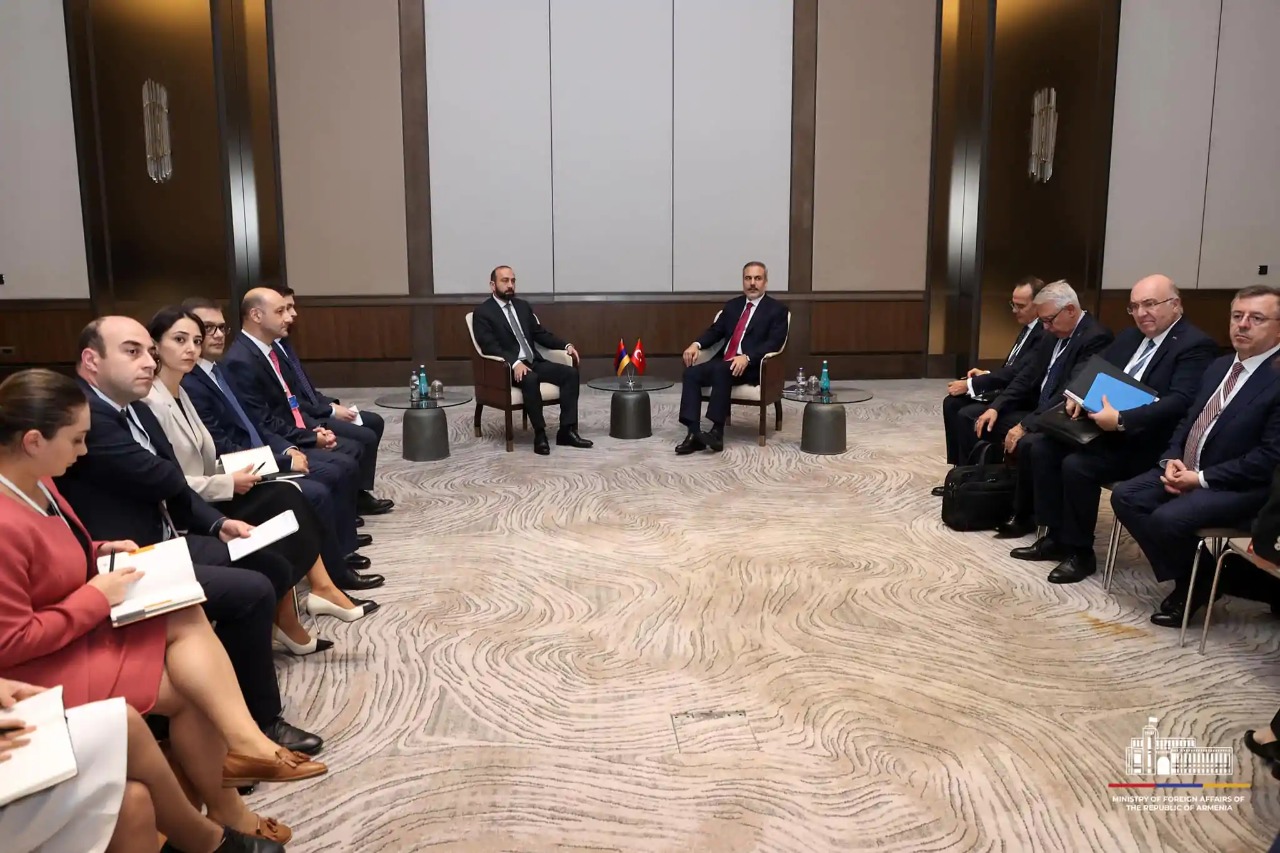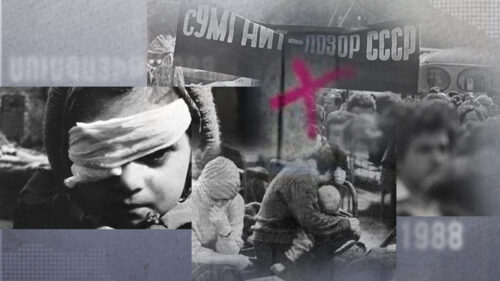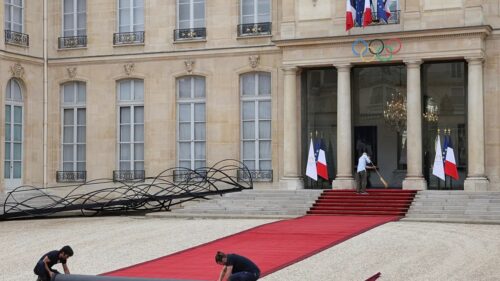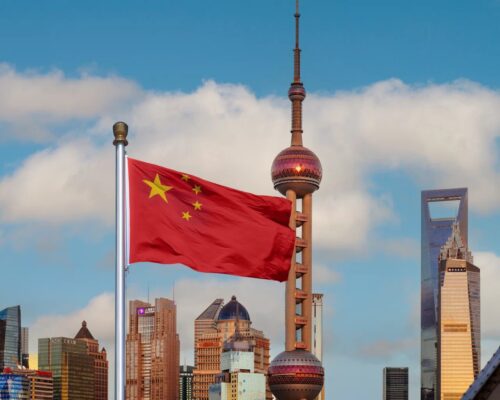
On the obstacles in the path of the Armenia-Turkey settlement
Genesis Armenia Think Tank has published Gevorg Galtakyan’s article on R. T. Erdoğan’s speech given on Oct. 28, 2024, about the 3+3 format and the statements regarding Armenia-Turkey and Armenia-Azerbaijan relations.
See the part about the 3+3 format in the aforementioned speech:
“18 Ekim’de İstanbul’da gerçekleştirilen 3+3 bölgesel işbirliği platformu kapsamında Azerbaycan, Ermenistan, İran ve Rusya Federasyonu Dışişleri Bakanlarını ülkemizde misafir ettik. Bölgesel sahiplenme anlayışımızın en somut örneklerinden olan platformun önemli bir ihtiyacı giderdiğini müşahede ediyoruz. Önümüzdeki dönemde bu mekanizmayı kurumsal bir yapıya kavuşturmak arzusundayız”.
“On Oct. 18, we received the foreign ministers of Azerbaijan, Armenia, Iran and Russia on the margins of the 3+3 regional cooperation platform held in Istanbul. We are witnessing how this platform—which is one of the most graphic examples of our perception of taking charge in the region—meets an important need. We want this mechanism to become institutional in the future.”
The 3+3 format was created after the 44-day war at the initiative of Turkey and Azerbaijan (for more details, see “On Turkey’s approaches and stance toward the 3+3 format”). The above-mentioned statement is noteworthy in that by institutionalizing the 3+3 format, Turkish diplomacy wants to create a regional body where it will have the strongest hold. Turkey will try to minimize Russia’s influence in the South Caucasus, or will try to maliciously use the fact of Russia’s passive involvement in some issues for its state interests. Hereby, it will do its best to close the book on the Artsakh conflict and the sovereignty of Armenia.
Various “game theory” instruments have been increasingly used in diplomacy and international relations, in particular in the relations format of combining cooperative and non-cooperative approaches, i.e., “cooperative competition”. Thus, through this “cooperative competition” with Iran and Russia, Turkey is trying to achieve the narrowing of the Armenian interests, or even more so, the complete neutralization of the role Armenia has in the region, despite various lyrical remarks about peace, economic interests and neighborliness. The prime goal is to have strategic infrastructures connecting Turkey and Azerbaijan through the territory of Armenia—without obstacles, i.e., outside the sovereignty of Armenia. Cooperation between Turkey and Russia reveals itself, especially in the economic sphere (Turkey wants to be close to BRICS) as well as in the fields of peaceful uses of nuclear energy (Turkey is not going to get by with the Akkuyu Nuclear Power Plant being built by Russia). Cooperation between Turkey and Iran manifests itself in their apparently similar stances on Palestine.
At the same time, promises about a prosperous and peaceful future are given to Armenia with regard to the 3+3 format. For example, the re-launch of the Kars-Gyumri railway and the opening of the Armenia-Turkey land border, which will allegedly offer unprecedented economic benefits to Armenia. This, being the subject of a separate study, by its very definition, does not quite fit in with the conceptual approaches of Turkey and Azerbaijan, presented in the jointly concluded “Shusha” and “Karabakh” declarations (We have already examined Azerbaijan’s ambitions for the territories of the Republic of Armenia in a separate article).
See the part about Artsakh and the relations between Armenia and Azerbaijan in R. T. Erdoğan’s Oct. 28 speech:
“44 gün süren Vatan Muharebesi sonucundan Karabağ’da 30 yıllık işgalin sona ermesiyle birlikte Güney Kafkasya’da kalıcı barışa yönelik eşsiz bir fırsat yakalandı. Bir dönem acıyla, işgalle, çatışmalarla anılan bu coğrafyada şimdi barış rüzgarları esiyor. Can Azerbaycan ve Ermenistan’ın bu doğrultuda gösterdikleri samimi çabaları yakından takip ediyoruz. Temennimiz süreci sabote etmeye çalışan odaklara fırsat verilmeden müjdeli, güzel ve hayırlı haberleri bir an önce almaktır. Türkiye olarak Azerbaycanlı kardeşlerimizle koordinasyon içinde inşallah kalıcı barış için çalışmaya devam edeceğiz”.
“After the 30-year occupation of Karabakh ended in the wake of the 44-day “Patriotic War”, a unique opportunity for lasting peace in the South Caucasus opened up. In this region, where there were times of pain, occupation and conflict, now the winds of peace are blowing. We closely follow the genuine efforts of “Jan” (here meaning “our brother”) Azerbaijan and Armenia in this regard. Our desire is to hear the good news as soon as possible, not giving the opportunity to act to the forces that are trying to sabotage the process. God willing, we, as Turkey, will continue to work toward lasting peace in a coordinated way with our Azerbaijani brothers and sisters.”
Back on Sept. 25, 2023, R. T. Erdoğan said in his speech that “There are no losers in peace,” adding that they are sincere and expect the same sincerity. In a speech given on Oct. 28, 2024, he already considered the efforts made by Armenia to be genuine—the unilateral concessions made by Armenia in various aspects are unprecedented.
After forcing the entire Armenian population into deportation in the wake of the military and terrorist operations carried out in Artsakh in 2020-2023, to describe the actions aimed to put these “achievements” into writing as “peace” is the continuation of the blatantly cynical rhetoric that we have heard in the speeches of R. T. Erdoğan and I. Aliyev for years.
As painful as it may be, though, Armenia is caught in a Turkish-Azerbaijani diplomatic trap in terms of the 3+3 format and at least unhealthy negotiations with Turkey and with Azerbaijan. Perhaps, the only way to free itself from that trap is the creation of pro-Armenian hubs in the world and the development of already existing hubs (it is, of course, all-important that Armenia pursues correct diplomatic policy in terms of cadre deployment).
Perhaps, the sad fact is that, despite all the problems, those advancing national interests in Armenia and in the Diaspora are labeled as “hotbeds of sabotage” by R. T. Erdoğan, “revanchists” by I. Aliyev, and “bearers of a wrong model of patriotism” by N. Pashinyan.


